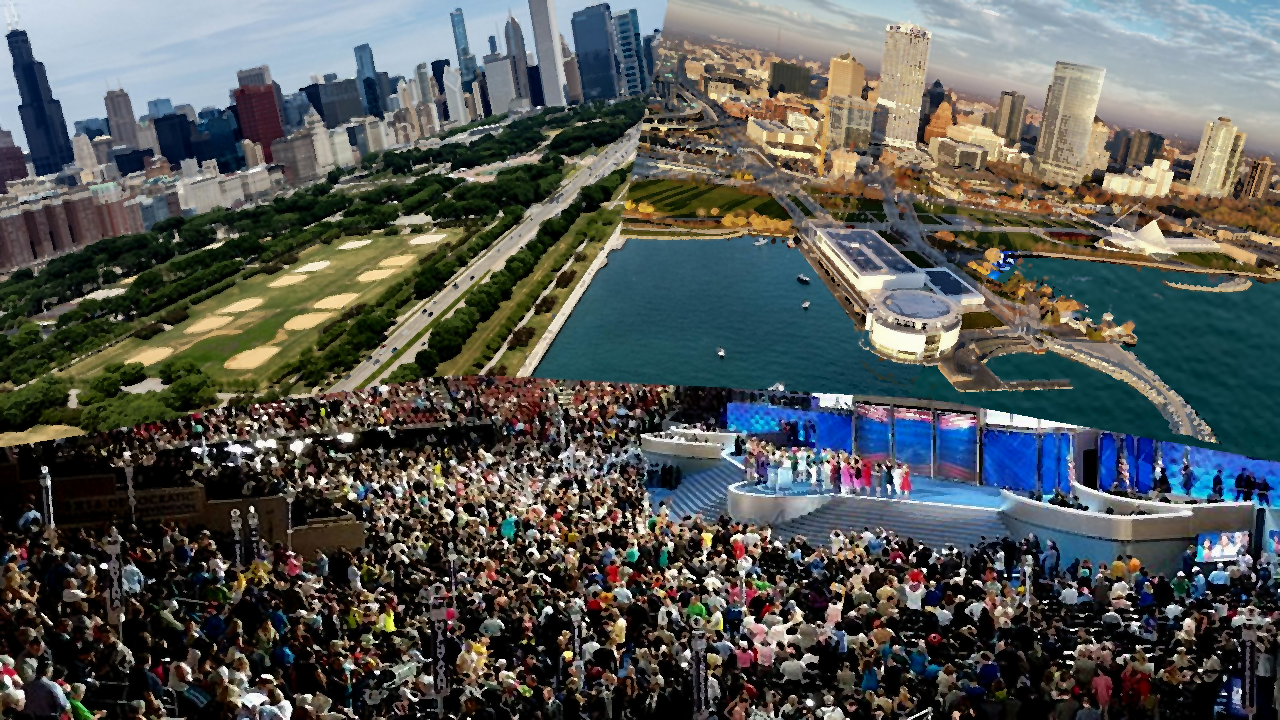
What to Make of 2024’s Underwhelming Party Convention Locations
One of my very first – over four years ago! – pieces for this site centered on the intrigue behind the location of the national political party conventions. After the “blue wall” broke in 2016 and Trump narrowly won Michigan, Pennsylvania, and Wisconsin, there was a renewed discourse about the Democratic Party’s need to emphasize left behind regions and states in the Midwest. There was the initial fury, arguing Democrats were uniquely to blame for abandoning, or at least overlooking, the shrinking region. Then there was the narrative backlash, explaining these states were never really as safe for Democrats as most assumed. And after the 2020 election – in which Joe Biden narrowly retook the “blue wall” states against an incumbent president – there was a muddled analysis which would ultimately be overshadowed by Democrats’ stunning overperformance in the Midwest in the 2022 midterms. We’re no strangers to any of this discourse ourselves, aligning more with the “backlash” overall, noting that there are concerning trends for Democrats in the Midwestern states once sacrosanct to the Democratic electorate. We urged that the party is likely best served by pursuing a holistic national map, playing defense in the Midwest (while conceding states like Iowa and Ohio) and aggressively pursuing diverse Sun Belt states like Arizona, Georgia, North Carolina, and Texas.
One of the more visible outcomes of all of this discourse was the Democratic Party’s decision to hold its 2020 party convention in Milwaukee, describing this pick as showcasing the party’s “values.” In our 2019 piece about the location of party conventions, we noted that there was no statistical electoral benefit evident to holding a convention in a given state. Instead, what electoral significance conventions had manifested purely in symbolic value signaling like the first post-9/11 convention in 2004, when the RNC was in New York City; or, as 2020 would come to show, in the Democrats’ reinvestment in the Midwest.
Despite the skepticism we have regarding the significance of convention locations, it is undeniable that the 2024 cycle’s venues are underwhelming. If the Democrats picking Chicago – a city which has hosted the DNC four times, more than any other city, in the postwar era (and in fact, more party conventions than any other city in American history overall) – is plain boring, then the Republicans picking Milwaukee is downright eye-roll inducing. If the “default” nature of the DNC and naked imitation of the RNC aren’t enough to inspire a groan, take note that not only are both conventions in the same region and in neighboring states, but they are within fewer than 100 miles of each other. This geographic proximity hasn’t been matched since 1972, when both parties held their conventions in Miami.
It’s not that either choice is bad; as we stressed years ago, the location doesn’t really seem to matter electorally. Democrats had a financial incentive to pick Chicago – as Illinois’ billionaire Democratic Governor J.B. Pritzker pledged to cover the costs, meaning that the party would incur no debts if they picked the Windy City. Republicans may not have had a wealthy benefactor (come on, Donald, reach a little deeper for your party!) but the RNC had it down to Milwaukee and Nashville… before Nashville’s council voted against hosting, leaving the RNC with Wisconsin. The disconnect is that both picks are unimaginative and uninspiring despite the fact that America is (and its major political parties are) diverse and multifaceted; the country deserves to show off some of its novel cities.
In a follow up to this summation of the underwhelming host city picks, I’ll note a couple cities that warrant serious consideration down the line next time either party mulls picking Chicago. But for now rest assured that the Republicans aren’t guaranteed to carry Wisconsin in 2024 despite hosting their major gathering there; nor are Democrats missing out on much by settling on safely blue Illinois. These are both inoffensive picks that cost them (literally, in the Democratic Party’s case) nothing. If the parties want to play it safe, they’re on the right track. But that doesn’t mean they can’t do better down the line.